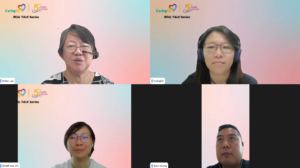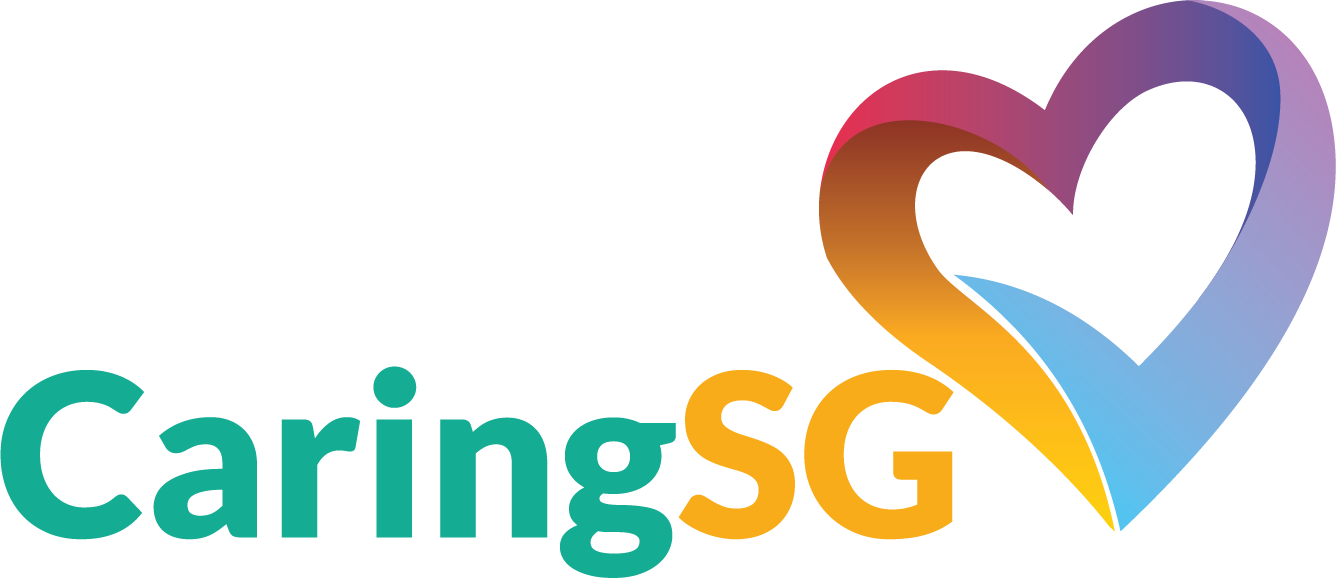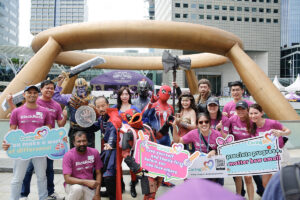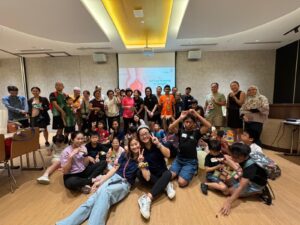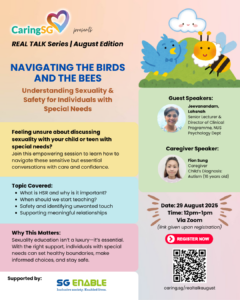This is my story of autism.
When C, my youngest of two boys, turned two years of age, we noticed he liked to spin objects like a lid or a toy plate, and even large ones like a laundry basket.
As a baby, he didn’t sleep easily, drank milk with great difficulty, ate little, but cried a lot due to acid reflux. He also had frequent breath-holding spells that caused his face to turn blue.
Over the next couple of years, we observed that C lagged behind his peers in gross and fine motor skills. Not to mention socialization skills.
When he was about three or four, we sent him to the Early Intervention Program for Infants & Children (EIPIC), where he had a suspected GDD (Global Developmental Delay) diagnosis.
At that time, we thought perhaps with help from EIPIC, he will catch up with his peers. That thought gave us some hope.
Still, his progress was glacier-slow, and we felt at many moments helpless and concerned as to what this might mean for his development and entry into primary education later on. We also began to suspect he might have more than just GDD.
One month before he was supposed to start Primary 1, his diagnosis was confirmed. It was moderate autism.
At first, we felt relieved; at last we have a name! But that sense of relief was quickly replaced with many other overwhelming emotions too, not unlike those we first experienced when he went to EIPIC.
We struggled to come to terms with his diagnosis. There were moments of disappointment, guilt, anguish, despair, anger, denial, and fear. All the stages of grief (and then some), but happening in what felt like an endless cycle of ‘rinse and repeat, rinse and repeat, rinse and repeat.
Somehow by God’s grace, we formed connections through various channels that opened up.
Aside from frantic research on our part as clueless parents, my wife and I attended all relevant talks we could find.
We also met and connected with other parents and caregivers through personal contacts, school networks, and online communities.
These gave us the assurance that we’re not alone, and we needn’t be.
In 2019, we succeeded in getting him enrolled in Pathlight, a school for kids with mild to moderate autism. It felt like a huge boulder had finally rolled off our shoulders.
It’s been three years now, and while we don’t know how the next few will look like, we’re hopeful the people and resources we got connected with, will make what would otherwise have been a lonely, fearful caregiver journey, one that’s now more hopeful?
And maybe every now and then, joyful?
But for now, our story with C continues to unfold. For now, we just give thanks for every day we get to spend with him.
To fellow caregivers, I would like to encourage you that it’s okay to ask for help because no one should have to walk such an arduous journey alone. In particular, I hope more dads would let their guard down and come forward to seek help — it’s not a cop-out or a cowardly thing to be vulnerable. In fact, owning up to a need for help is the real brave thing to do!
